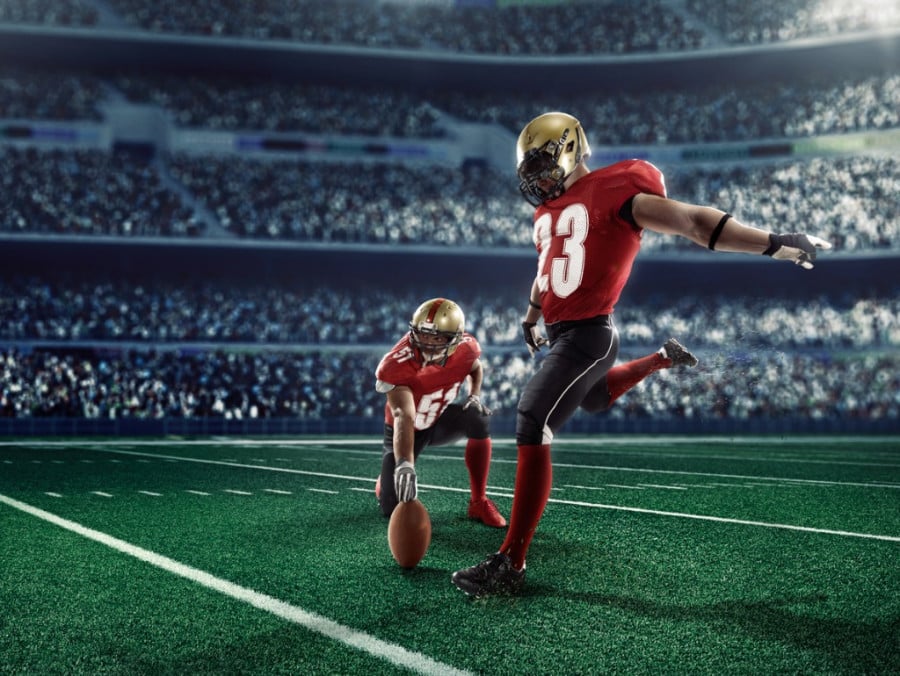The uncertain future of the NCAA post Alston – Federal v State Legislation v Conference Guidelines

This article provides background on the development of amateurism in college athletics, the constraints imposed by the Alston decision, and potential ramifications for the regulation of financial benefits to college athletes moving forward.
Specifically, this article discusses:
- Antitrust in the Context of College Athletics before NCAA v. Alston
- Summary of The Alston Decision and what it means for NCAA's regulation under anti-trust laws
- Antitrust in College Athletics in a Post-Alston World & Potential Outcomes – federal legislation, state legislation, conference guidelines & more
- Further background reading:
In June 2021, the United States Supreme Court issued a unanimous decision in National Collegiate Athletic Association v. Alston (Alston), analyzing the concept of amateurism in the context of college athletics. More specifically, the Alston Court addressed the financial benefits that could be offered to college athletes in the context of antitrust law in the United States.
Despite the narrow ruling provided in Alston, the guidance provided by the nation’s highest court calls into question the foundations on which college athletics have developed for more than 100 years.
To continue reading or watching login or register here
Already a member? Sign in
Get access to all of the expert analysis and commentary at LawInSport including articles, webinars, conference videos and podcast transcripts. Find out more here.
- Tags: American Football | Athlete Rights | Basketball | Collegiate Sports | Competition Law | Football | Governance | NCAA | NCAA v Alston | Regulation | United States
Related Articles
- Baseball’s anti-trust exemption: Is it time for a change?
- How The Professional Collegiate League Aims To Disrupt College Athletics: Part 1 - Challenging An Economic Cartel
- German Court ends the anti-trust fight between rival Wrestling Federations
- NCAA V. Alston - Why The NCAA Lost & What The Future Holds
- How could US college football be restructured to improve its competitive & economic potential?
- Name Image & Likeness - How Laws Are Evolving For NCAA Athletes’ Compensation
Written by
Ani Ghazikhanian
Matt Clark
Matthew Clark is an associate in the Seattle office of K&L Gates in the environment, land and natural resources practice group. Matt's practice focuses on regulatory compliance, transactions involving energy and infrastructure, environmental permitting, natural resource development, and land use. Matt also maintains a practice in complex commercial disputes, providing strategic pre-litigation and litigation advice to clients. In addition, Matt is a member of K&L Gates' budding sports law practice group.





